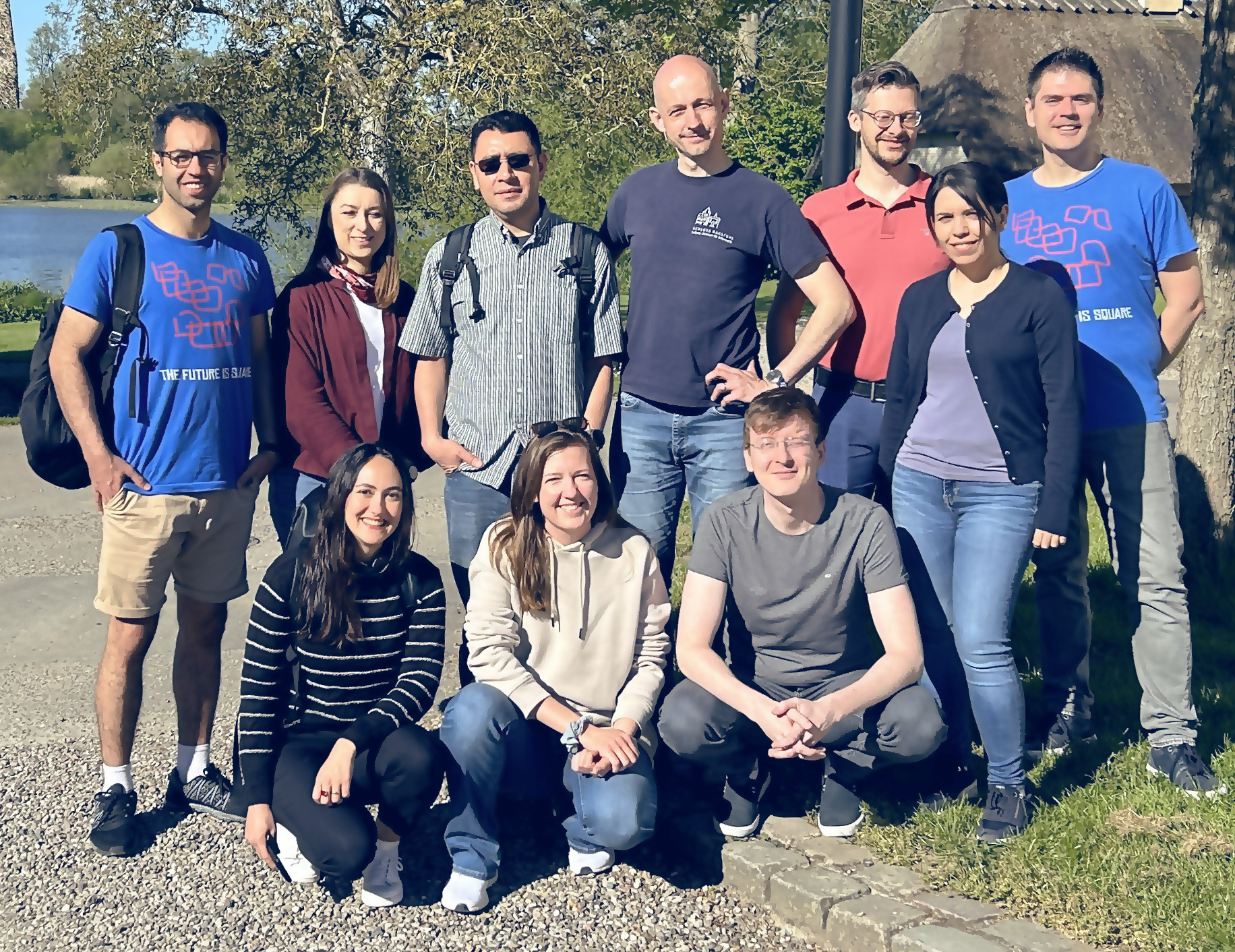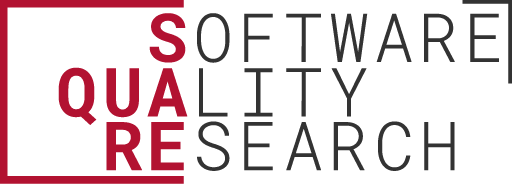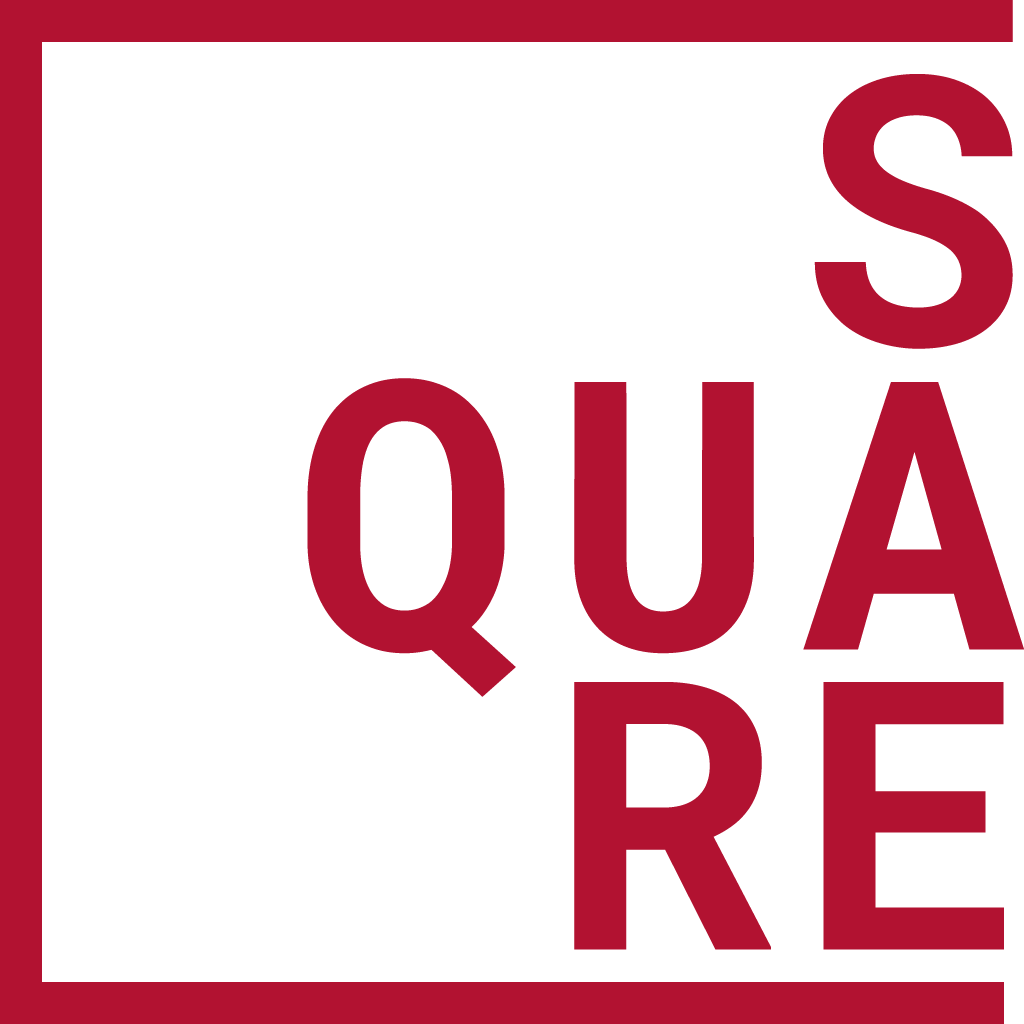We attack real-world problems with you!
We work with real software projects in the open-source ecosystem, industry, and academia. We provide developers with tools to ensure and assess the quality of software systems. Companies and public institutions can benefit from our empirical results and analysis methods to improve software quality. We gladly welcome Bachelor’s and Master’s students as well as companies and researchers from other institutions to join our projects on software quality.

We build tools.
To tackle real-world development problems, we build software tools that detect, prevent, and reduce software quality issues. We rely on object-oriented and functional programming, domain-specific modeling, automated reasoning, probabilistic inference, information flow analysis, static program analysis, and synthesis. Among others we have built or are building:
We develop theories and concepts.
We use constructive, mathematical, and empirical methods to build, analyze, verify, investigate, and reverse engineer software and its quality. The conceptual and theoretical results from SQUARE include:

